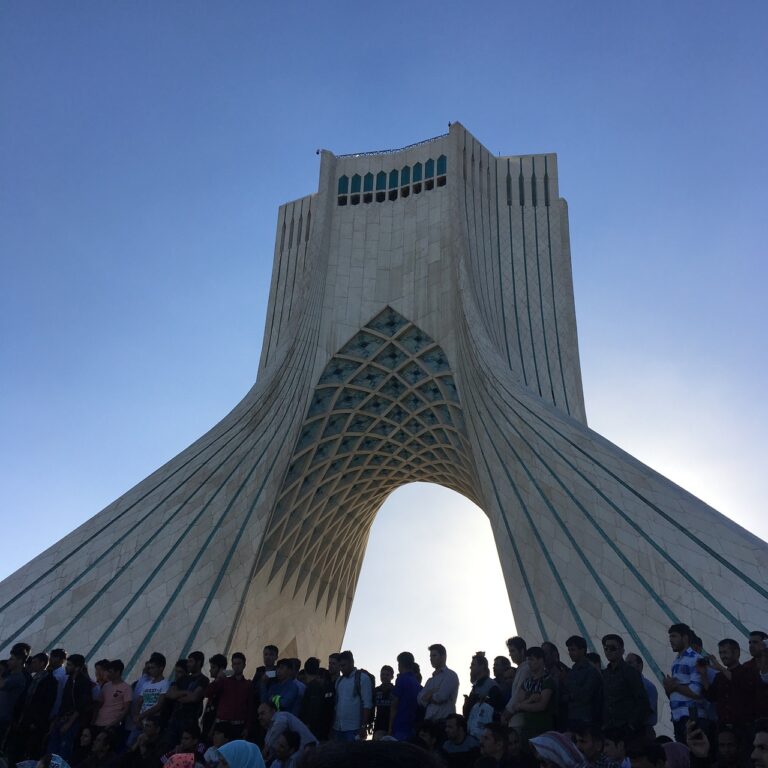
New Delhi: The Government of India and the World Bank today signed a $500 million project to build safe and green national highway corridors in the states of Rajasthan, Himachal Pradesh, Uttar Pradesh and Andhra Pradesh. The project will also enhance the capacity of the Ministry of Road Transport and Highways (MoRTH) in mainstreaming safety and green technologies.
The Green National Highways Corridors Project will support MoRTH construct 783 km of highways in various geographies by integrating safe and green technology designs such as local and marginal materials, industrial byproducts, and other bioengineering solutions. The project will help reduce GHG emissions in the construction and maintenance of highways.
Dr C S Mohapatra, Additional Secretary, Department of Economic Affairs, Ministry of Finance stated that this project will set new standards in the construction of safe motorable roads. The selected stretches in the states of Uttar Pradesh, Andhra Pradesh, Rajasthan and Himachal Pradesh will also help improve connectivity and promote economic development.
The agreement was signed by Dr Mohapatra on behalf of the Government of India and Ms Sumila Gulyani, Acting Country Director, India on behalf of the World Bank.
The National Highways of India carry about 40 percent of road traffic. However, several sections of these highways have inadequate capacity, weak drainage structures and black spots prone to accidents. The project will strengthen and widen existing structures; construct new pavements, drainage facilities and bypasses; improve junctions; and introduce road safety features. It is imperative that the infrastructure investments are climate resilient. To this effect disaster risk assessment of about 5,000 km of the National Highway network will also be undertaken under the project along with support to ministry for mainstreaming climate resilience aspects in project design and implementation.
The $500 million loan from the International Bank for Reconstruction and Development (IBRD), has a maturity of 18.5 years including a grace period of five years.
– global bihari bureau





